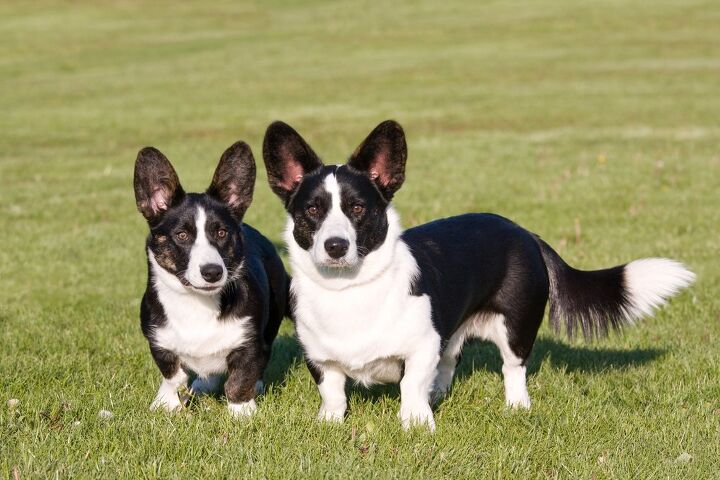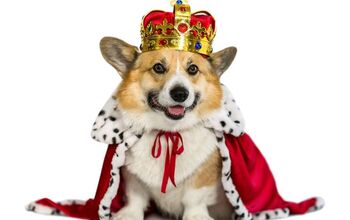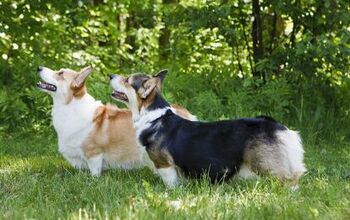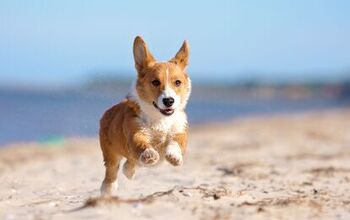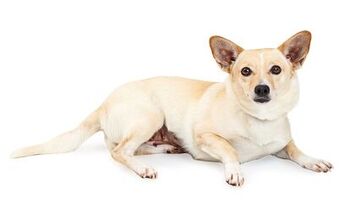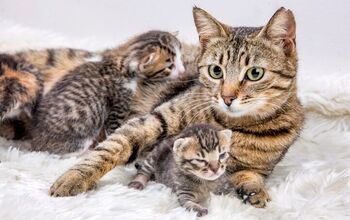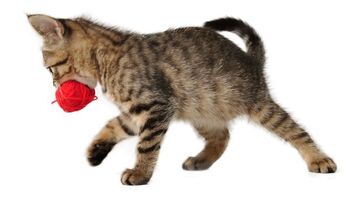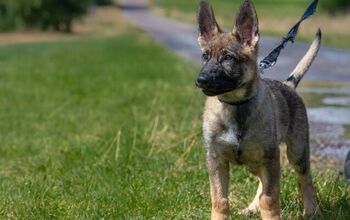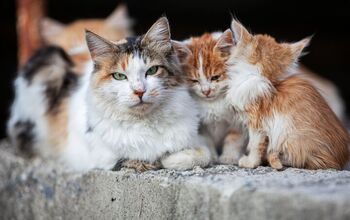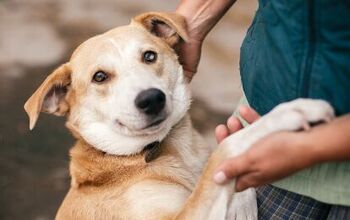Cardigan Welsh Corgi


About Cardigan Welsh Corgi
A low-to-the-ground dog willing to give you plenty of obedience and all the activity you can handle, the Cardigan Welsh Corgi is a prime example of a dog that can be a good challenge for those who want to develop dog leadership skills. Even though leadership skills are required of virtually any type of dog, you’ll soon realize that you have to be up to this “challenge” if you want a Cardigan Welsh Corgi.
The Cardigan Welsh Corgi can be a perfectly friendly, ready-to-please breed that is nice to children as long as it understands its place in the pecking order. Considering how common this is across a variety of dog breeds, there might be something else about the Cardigan Welsh Corgi that attracts you to the breed. Maybe it’s the small, house-ready features or simply its lively, often-submissive personality. Whatever it is about the Cardigan Welsh Corgi that attracts you to this breed, it’s time to fill in the blanks and learn even more about what makes it unique.
The Cardigan Welsh Corgi can be a perfectly friendly, ready-to-please breed.
Many believe that the Cardigan Welsh Corgi first arrived at Cardiganshire in 1,200 B.C. If so, this makes the breed among the oldest known breeds. Like many dogs, the Cardigan Welsh Corgi built up its instincts by being of a certain use to farmers… in this case, British farmers who would need a way to herd cattle without taking up a lot of space. Herding remains a strong instinct in the Cardigan to this day, and we’ll get into a little bit more detail later to explain how this behavior can manifest itself in the 21st century.
Being suited for the outdoors but able to handle smaller spaces, thanks to this upbringing, the origins of the Cardigan Welsh Corgi have led to it becoming a flexible outdoor/indoor dog, capable of handling city life or rural life. As the Cardigan Welsh Corgi breed grew and was eventually recognized as its own breed in the 1930s, it attained this flexibility by living in many small-acre farms and lots.
The Cardigan Welsh Corgi has a long and extensive history, and may have descended initially from breeds like the Schipperke and the Swedish Vallhund. We can’t talk about the lineage of the Cardigan Welsh Corgi without addressing the Pembroke Welsh Corgi, a breed that is closely related to the Cardigan Welsh Corgi but is believed to have descended from them rather than ascending to them. These dogs were so similar they were believed to be the same breed for a long time, but official recognition in 1934 had them as recognized as being separate breeds.
A usual dog diet of meat and whole ingredients will work just fine on the Cardigan Welsh Corgi, with special attention being placed onto the manner in which the food is being served. A Cardigan Welsh Corgi should not believe it is at the top of the pecking order, and you should only feed it when it is calm and not manipulating you into getting food.
These dogs are generally obedient so long as you lay down the fundamentals.
Training for the Cardigan Welsh Corgi can be both a pleasure but also a test of your leadership. These dogs are generally obedient so long as you lay the fundamentals down – that is to say, you establish that you are the leader of your household and that your dog’s place is below that of any humans who reside in it. The dog should be able to pick up on this, and when it does, it can make a highly trainable and obedient companion.
Both males and females will probably weigh in the 25-30 pound range; keep in mind that a small weight fluctuation in a Cardigan Welsh Corgi can still represent a large percentage of its overall mass compared to humans. This is a breed that gains weight easily.
This dog is very amicable once it understands its place in your household, but like all smaller dogs it can become rambunctious and seek dominance in the absence of leadership. Your dog will be able to understand from its stature that you are a leader… but only if you act like one. Overall, the Cardigan Welsh Corgi can be energetic, obedient, eager-to-please, lively, and often shy of strangers, which you’ll want to work on.
Problems with the back – thanks to its body structure – and glaucoma run especially rampant in this breed.
A healthy Cardigan Welsh Corgi should live from around 12-15 years, typical for dogs of its size.
If you don’t like getting a lot of exercise, this probably isn’t the breed for you, as the Cardigan Welsh Corgi needs daily exercise that is fairly rigorous, and is capable of handling plenty of exercise on a habitual basis.
The Cardigan Welsh Corgi can be energetic, obedient, eager-to-please, lively, and often shy of strangers.
The American Kennel Club says: “The Cardigan can adapt to country life or city apartments, but need some form of daily exercise. As a companion dog, they love to be with their people and are loyal, affectionate and even-tempered.”
The coat of the Cardigan Welsh Corgi is medium-length and generally water-resistant, meaning this dog can handle rainy and snowy environments. The coat requires just minimal grooming, and is typically colored with colors like black, brown, red, and even blue.
Good socialization is very important in these dogs, and most proper socialization happens from the puppy years on up. If you can make sure your Cardigan Welsh Corgi puppy understands that strangers are not a threat and make an effort to socialize them properly, it will likely grow with a normal, healthy understanding of human life and even come to embrace it. Make sure you put forth the effort to socialize this dog from an early age.
Photo credit: Lenkadan/Shutterstock

Amy Tokic, Editor of PetGuide.com, is a passionate animal lover and proud pet parent of Oscar, a Shih Tzu/Chihuahua cross, and Zed, a Japanese Chin. Her love of animals began in kindergarten, when she brought her stuffed dog Snoopy into class with her every day. Now, she writes about her adventures in pet ownership and tirelessly researches products, news and health related issues she can share with other animal enthusiasts. In her free time, Amy loves perusing used book and record stores, obsessing over the latest pet products available and chasing squirrels with wild abandon (a habit attributed to spending too much time with her pooches).
More by Amy Tokic



